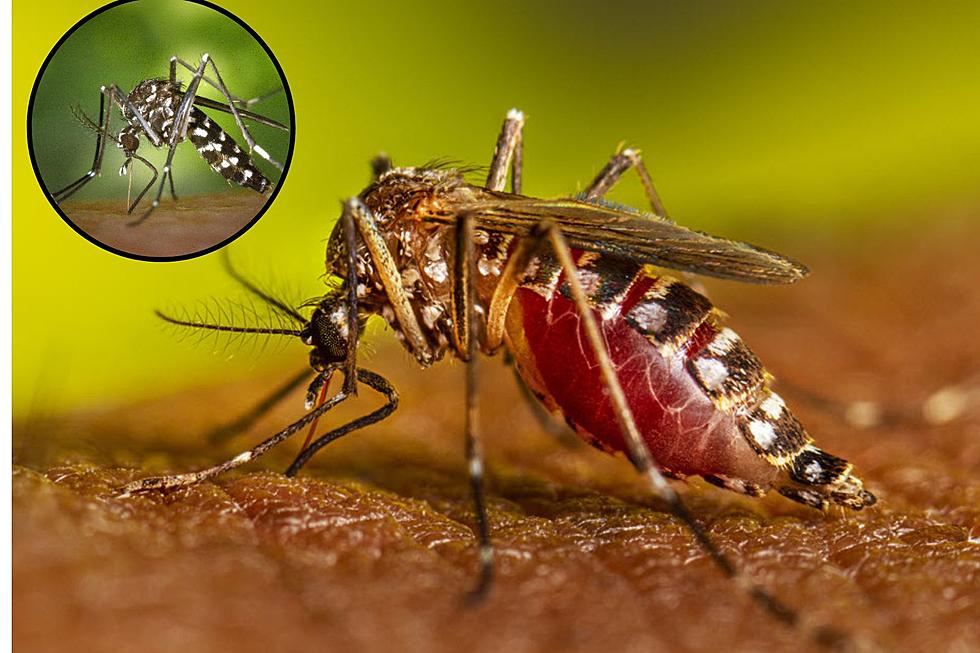
New ‘Aggressive’, Virus-Carrying Species of Mosquito Found in Grand Rapids
Two invasive mosquito species known to carry Zika virus have been found in Grand Rapids, Mich.

Aedes Mosquito Found in Kent County
The Kent County Health Department issued a release warning residents about the Aedes mosquito genus – Aedes albopictus and Aedes aegypti.
In recent years the Kent County Health Department (KCHD) has received grant funding from the Michigan Department of Health and Human Services (MDHHS) to monitor for invasive mosquitoes that could potentially introduce new diseases to our community.
While monitoring this summer, the KCHD has detected these mosquitoes in the City of Grand Rapids.
Paul Bellamy, Public Health Epidemiologist at KCHD says,
This discovery is why we perform routine mosquito surveillance in our community. It is important because it lets us monitor for specific mosquitoes that have the potential to carry viruses that could spread to humans because they like to bite several times and bite all day, not just from dusk to dawn.
What is an Aedes Mosquito
Aedes genus mosquitoes usually live in tropical, subtropical, and temperate climates but can also live in a broader and cooler temperatures. Aedes mosquitoes are aggressive day biters.
The Aedes genus can spread the dengue virus, chikungunya virus, yellow fever virus, and the Zika virus.
People infected with one of these viruses may notice symptoms such as fever, rash, headache, nausea, joint pain, and eye symptoms such as conjunctivitis or pain, lasting only a few days.
How to Protect Yourself From Mosquito Born Diseases
KCHD says the best way to prevent exposure to mosquito borne disease is prevention.
- Use a mosquito repellent that contains 10 – 35% DEET while outside.
- Wear light colored clothing and long-sleeved shirts and pants.
- Remove standing water from properties, by emptying other small containers and cleaning eaves.
- Use well maintained screens on doors and windows.
Find more prevention tips here.
More from the CDC on Aedes mosquitos.
10 Invasive Plants & Insects You Should Destroy if You Spot Them in Michigan
More From 94.9 WMMQ








